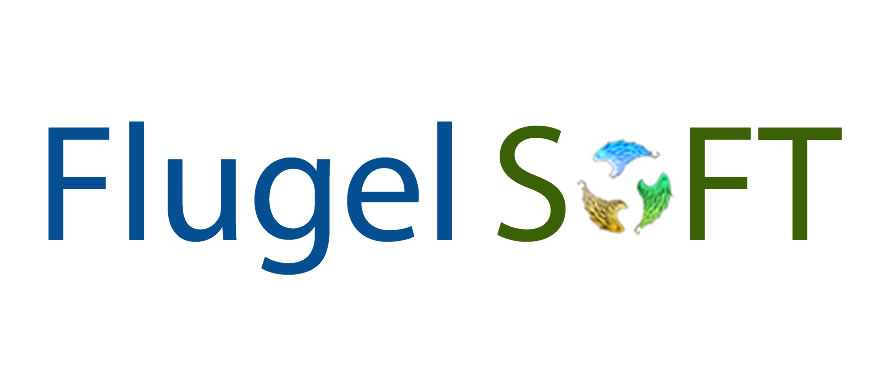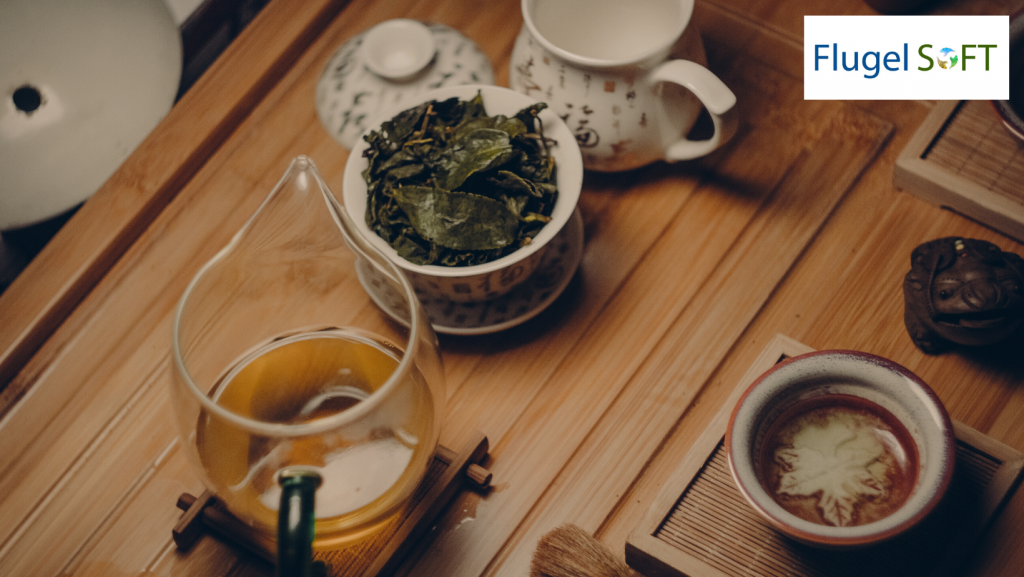Title: Revolutionizing the Tea Industry: How Blockchain Technology Ensures Transparency and Traceability
Introduction
The tea industry has been a significant part of global trade for centuries, with millions of people around the world enjoying this aromatic beverage daily. However, the industry has faced numerous challenges, including supply chain inefficiencies, lack of transparency, and concerns about sustainability and ethical practices. Blockchain technology has emerged as a potential solution to these issues, providing end-to-end traceability and ensuring that consumers can trust the origin and quality of their tea. In this blog, we will explore how blockchain technology is revolutionizing the tea industry and discuss real-life examples of tea companies that have adopted this innovative approach.
Blockchain Technology: A Brief Overview
Blockchain technology is a decentralized, digital ledger that records transactions across multiple computers in a secure and transparent manner. It allows for the creation of a tamper-proof record of transactions, ensuring that data cannot be altered or manipulated. This technology has been widely adopted in various industries, including finance, healthcare, and supply chain management, due to its ability to enhance transparency, security, and efficiency.
Blockchain in the Tea Industry: Ensuring Transparency and Traceability
- Supply Chain Transparency
One of the primary benefits of implementing blockchain technology in the tea industry is the increased transparency it provides throughout the supply chain. By recording every transaction and movement of tea from the farm to the consumer, blockchain creates a transparent and tamper-proof record that can be easily accessed and verified by all stakeholders. This level of transparency helps to eliminate fraud, counterfeiting, and unethical practices, ensuring that consumers receive high-quality, ethically sourced tea.
Example: Tea Board of India
The Tea Board of India, a government organization responsible for the promotion and development of the tea industry in India, has implemented a blockchain-based traceability platform called “e-Marketplace.” This platform allows tea growers, manufacturers, and traders to record and track the movement of tea throughout the supply chain, ensuring transparency and traceability. The e-Marketplace has helped to reduce the risk of fraud and counterfeiting, while also providing consumers with accurate information about the origin and quality of their tea.
- Ethical and Sustainable Practices
Blockchain technology can also help to promote ethical and sustainable practices within the tea industry. By providing a transparent record of the entire supply chain, blockchain enables consumers to verify that their tea has been sourced from farms that adhere to ethical labor practices and sustainable farming methods. This increased visibility encourages tea producers to adopt more responsible practices, as they know that their actions will be scrutinized by consumers and other stakeholders.
Example: Farmer Connect
Farmer Connect, a technology company focused on creating sustainable and traceable supply chains, has partnered with several tea companies to implement a blockchain-based traceability solution called “Thank My Farmer.” This platform allows consumers to scan a QR code on their tea packaging, which provides them with detailed information about the tea’s origin, the farmers who produced it, and the sustainable practices employed throughout the supply chain. By giving consumers this level of insight, Thank My Farmer encourages tea producers to adopt more ethical and sustainable practices.
- Enhanced Consumer Trust
By providing end-to-end traceability and transparency, blockchain technology helps to enhance consumer trust in the tea industry. Consumers can now verify the origin, quality, and ethical practices associated with their tea, giving them greater confidence in their purchasing decisions. This increased trust can lead to higher consumer loyalty and a willingness to pay a premium for ethically sourced, high-quality tea.
Example: VeChain and Direct Imported Goods (DIG)
VeChain, a leading blockchain platform, has partnered with Direct Imported Goods (DIG), a Chinese tea importer, to implement a blockchain-based traceability solution for their tea products. By scanning a QR code on the tea packaging, consumers can access detailed information about the tea’s origin, production process, and quality. This level of transparency has helped to enhance consumer trust in DIG’s tea products, leading to increased sales and customer loyalty.
Conclusion
Blockchain technology is revolutionizing the tea industry by providing end-to-end traceability and transparency throughout the supply chain. By implementing blockchain solutions, tea companies can ensure that their products are ethically sourced, sustainably produced, and of the highest quality. As more tea companies adopt this innovative approach, we can expect to see a more transparent, ethical, and sustainable tea industry that benefits both consumers and producers alike.
Contact us today to get your business process updated with the latest blockchain technologies.

